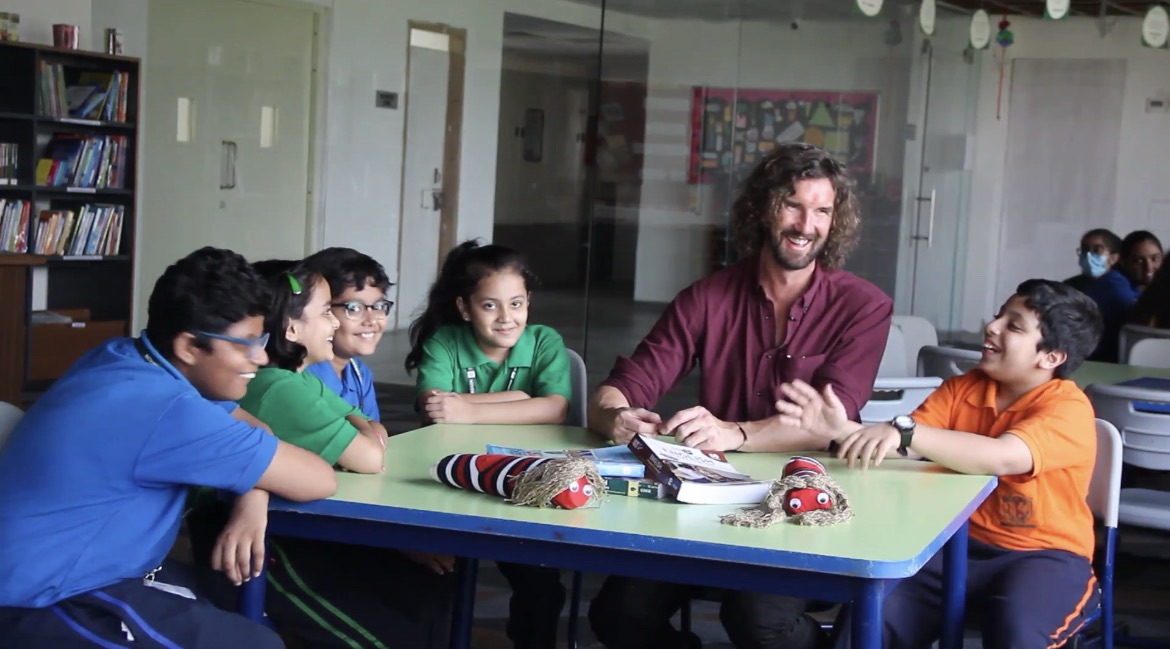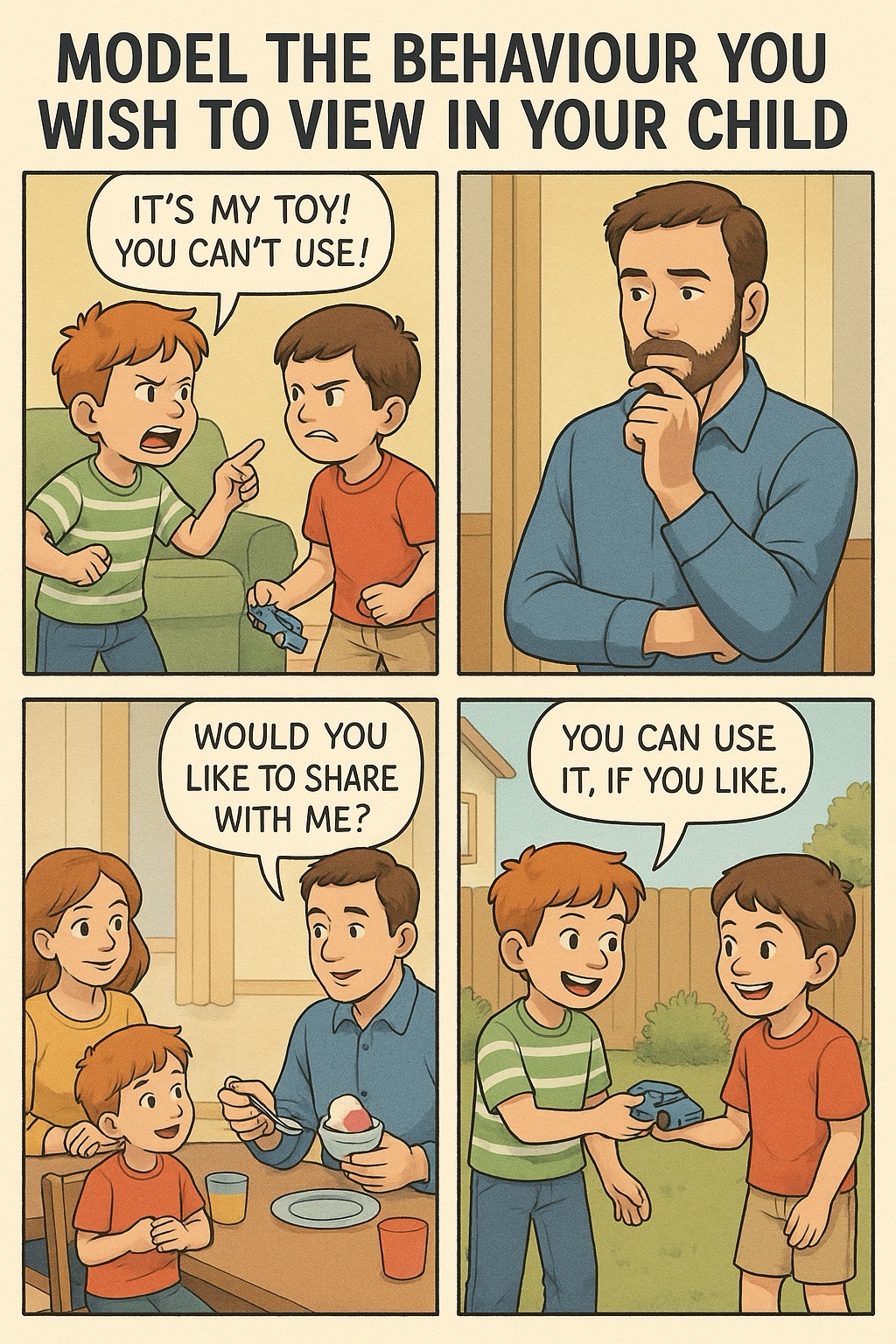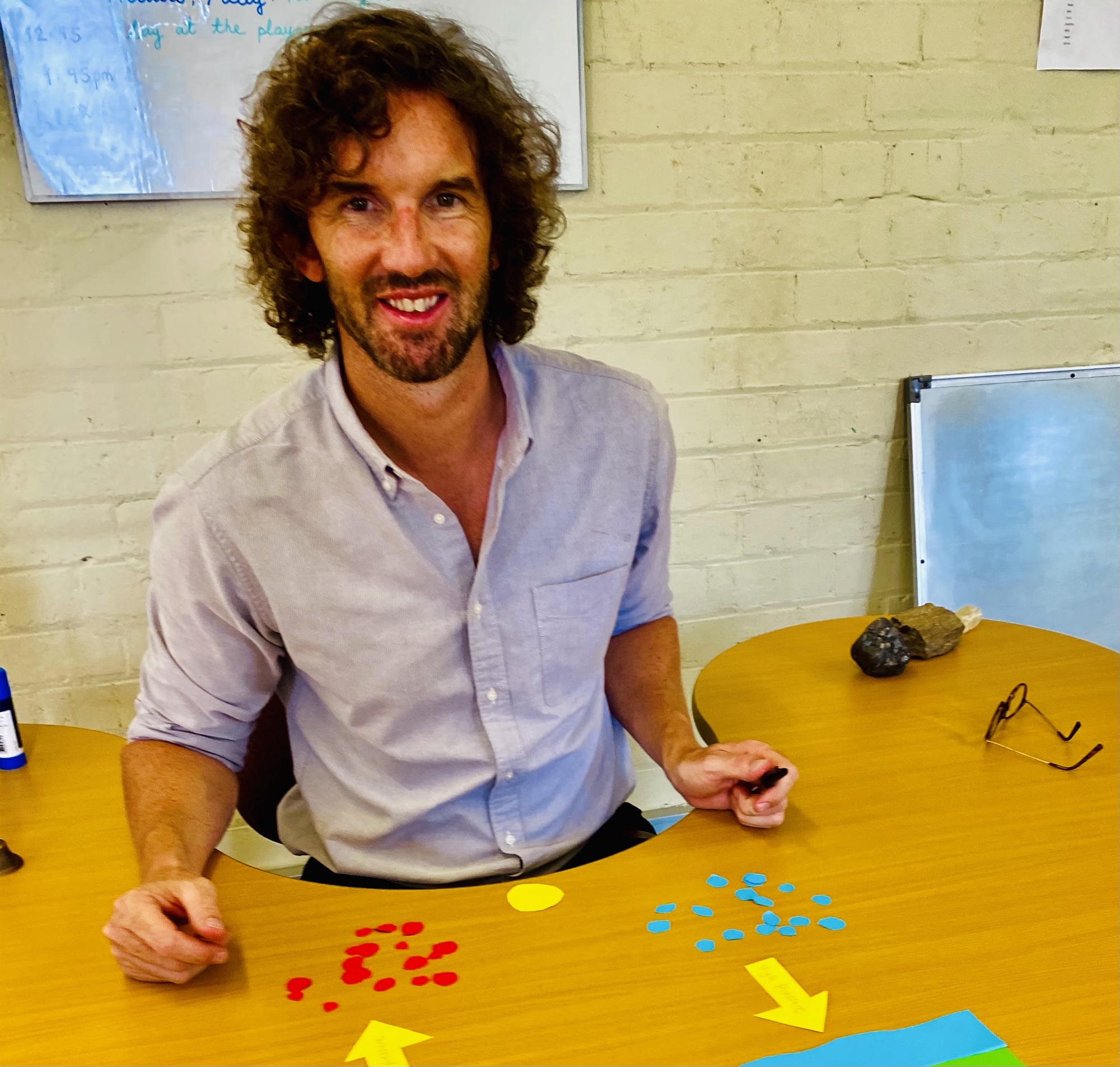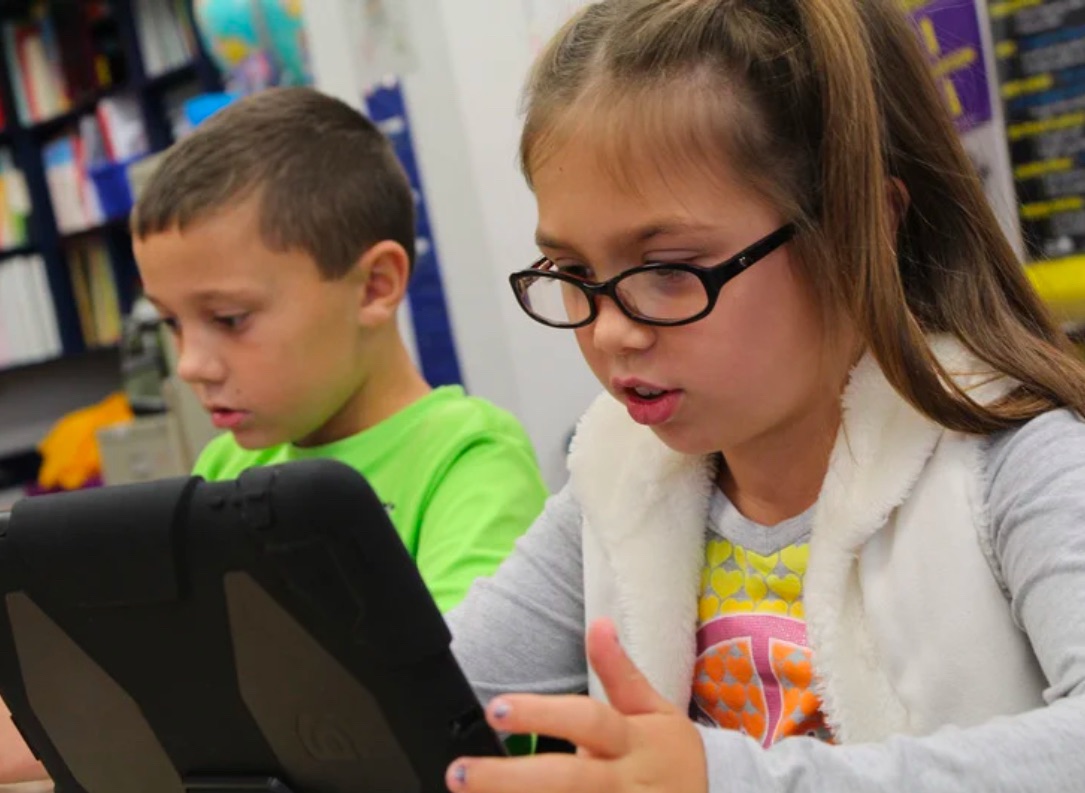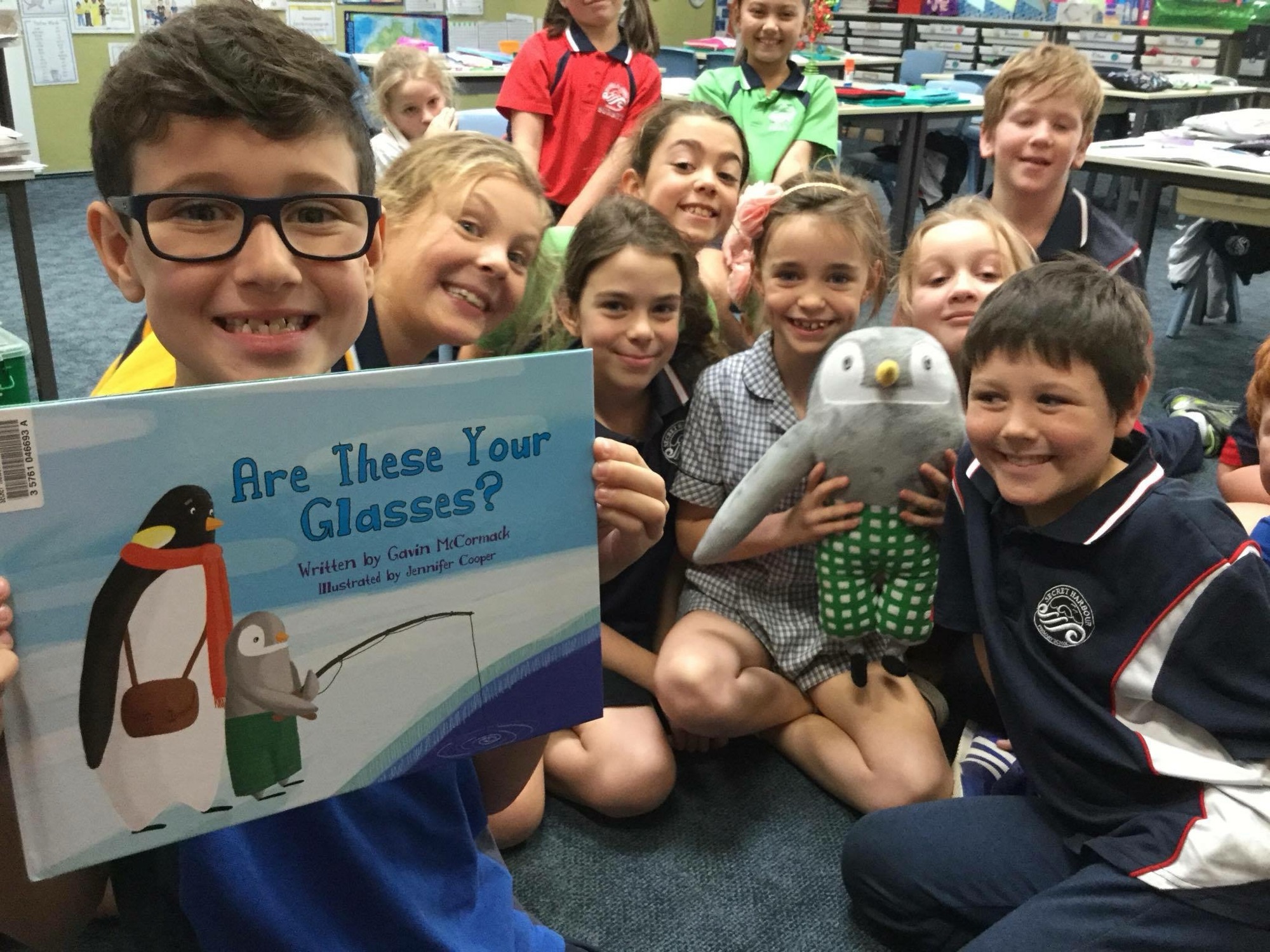As educators, we constantly strive to understand and support our students’ unique learning journeys. As the academic year reaches its conclusion, assessing student growth and learning becomes a priority.
However, traditional standardized testing often fails to capture the breadth of each student’s abilities and progress. This is where alternative assessment methods become invaluable.
These methods, aligned with innovative educational philosophies like Montessori, offer a more holistic and student-centered approach. Here are 50 alternative strategies that can enrich your year-end assessments:

- Portfolio Assessments: Students compile a portfolio showcasing their work and development over time.
- Project-Based Assessments: Evaluation is based on projects, focusing on both process and outcome.
- Peer Reviews: Students assess each other’s work, fostering collaboration and critical thinking.
- Self-Assessment: Students reflect on their learning, encouraging self-awareness and responsibility.
- Teacher Observations: Informal assessments are made through observations during class activities.
- Performance Tasks: Students demonstrate their skills in practical, real-world contexts.
- Learning Journals: Students keep journals to reflect on their learning experiences.
- Oral Presentations: Evaluation of students’ knowledge and communication skills.
- Group Work Evaluation: Assessing teamwork and collaborative skills.
- Rubric-Based Assessments: Utilizing detailed rubrics to assess specific criteria.
- Concept Maps: Visual representations showcasing students’ understanding of concepts.
- Demonstrations: Direct demonstration of students’ skills and knowledge.
- Interviews: One-on-one discussions about students’ understanding and learning.
- Learning Contracts: Goals set by students, with progress assessed jointly by teachers and students.
- Peer Teaching: Evaluating students’ ability to teach a concept to their peers.
- Artistic Representations: Using art to express and assess understanding.
- Creative Writing: Assessing imagination and expression through writing.
- Hands-On Experiments: Practical assessments, particularly in science-related subjects.
- Simulations: Role-playing exercises to demonstrate knowledge in a simulated environment.
- Checklists: Monitoring completion of tasks and understanding of concepts.
- Case Studies: Analysis and response to real-life scenarios or problems.
- Field Work: Learning and assessment in real-world settings.
- Game-Based Assessment: Using educational games for evaluation.
- Debates: Assessing critical thinking and argumentation skills.
- Interactive Quizzes: Technology-based quizzes that offer immediate feedback.
- Multimedia Projects: Using digital tools like videos and podcasts for assessment.
- Mind Maps: Graphical tools to represent and assess ideas and knowledge.
- Critical Incident Journals: Reflecting on significant moments of learning.
- Learning Walks: Students explain their work during classroom walk-throughs.
- Digital Portfolios: Online collections showcasing students’ work.
- Parental Assessment: Gaining insights from parents on their child’s learning.
- Peer Nomination: Students recognize peers for specific skills or knowledge.
- Student-Led Conferences: Students present their work to parents and teachers.
- Photographic Evidence: Using photographs to document and assess learning processes.
- Dramatic Play: Role play and drama activities as assessment tools.
- Audio Recordings: Oral reports or reflections captured and assessed.
- Reading Logs: Tracking and assessing reading progress and comprehension.
- Skill Demonstrations: Direct assessment of practical skills.
- Thematic Units: Assessment within broad, integrative learning themes.
- Work Samples: Specific examples of students’ work as a basis for assessment.
- Exit Tickets: Quick reviews of daily learning at the end of a class.
- Literature Circles: Group discussions and analysis of texts.
- Math Journals: Reflecting on and assessing mathematical understanding.
- Coding Projects: Assessing computational thinking and coding skills.
- Science Fairs: Presentation and assessment of scientific projects.
- Design Challenges: Tasks requiring problem-solving and creativity.
- Learning Stations: Assessment activities at various classroom stations.
- Reflective Surveys: Students survey their experiences to assess learning.
- Buddy Systems: Pairing students for mutual assessment and learning.
- Cultural Portfolios: Reflecting on and assessing cultural studies and understanding.
By integrating these diverse assessment strategies, educators can provide a more comprehensive and accurate picture of student learning, beyond traditional test scores.
These methods not only evaluate academic progress but also foster important life skills such as critical thinking, creativity, and collaboration. As we continue to evolve in our teaching practices, embracing these alternative assessments can lead to a more inclusive, dynamic



